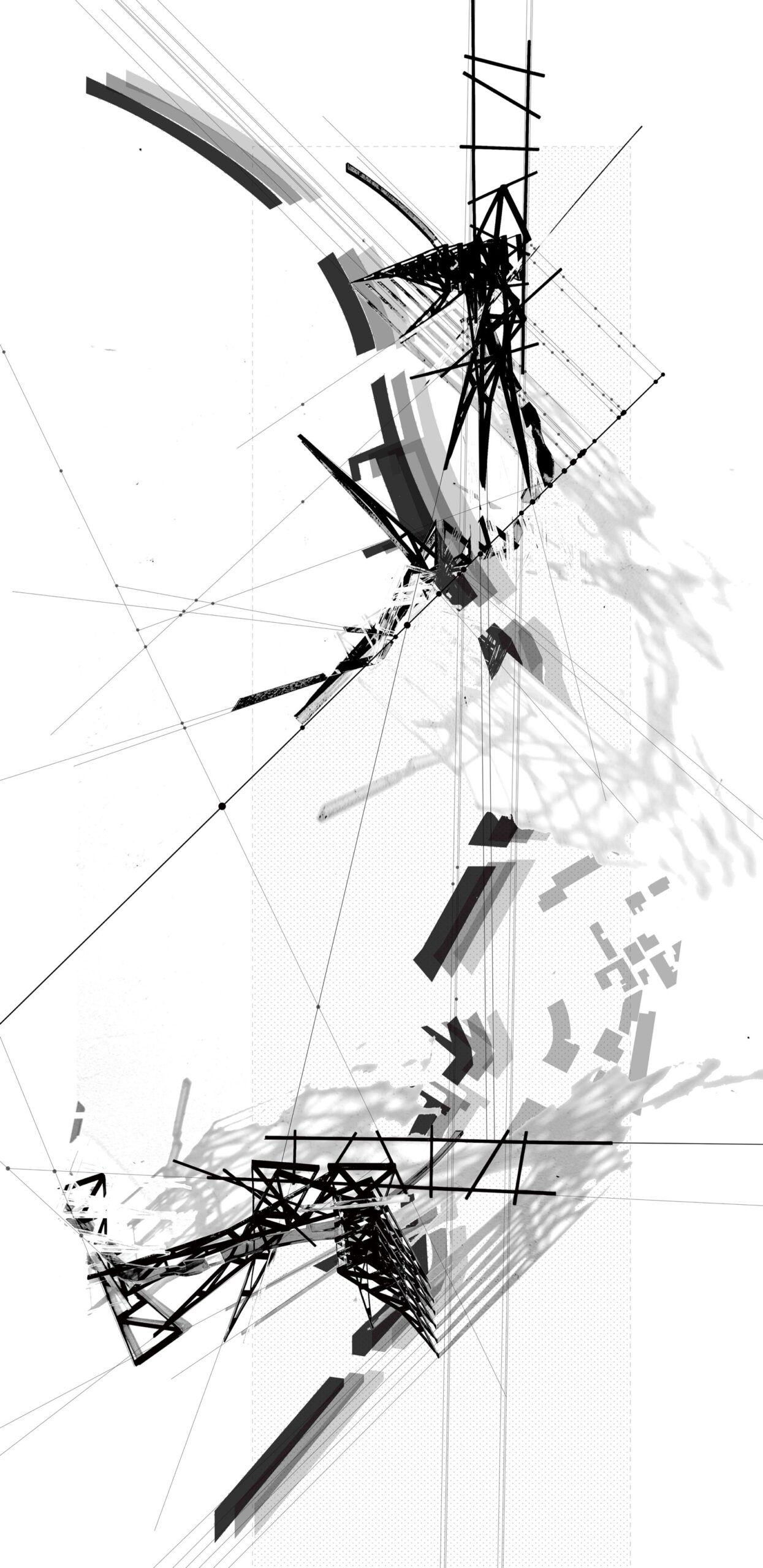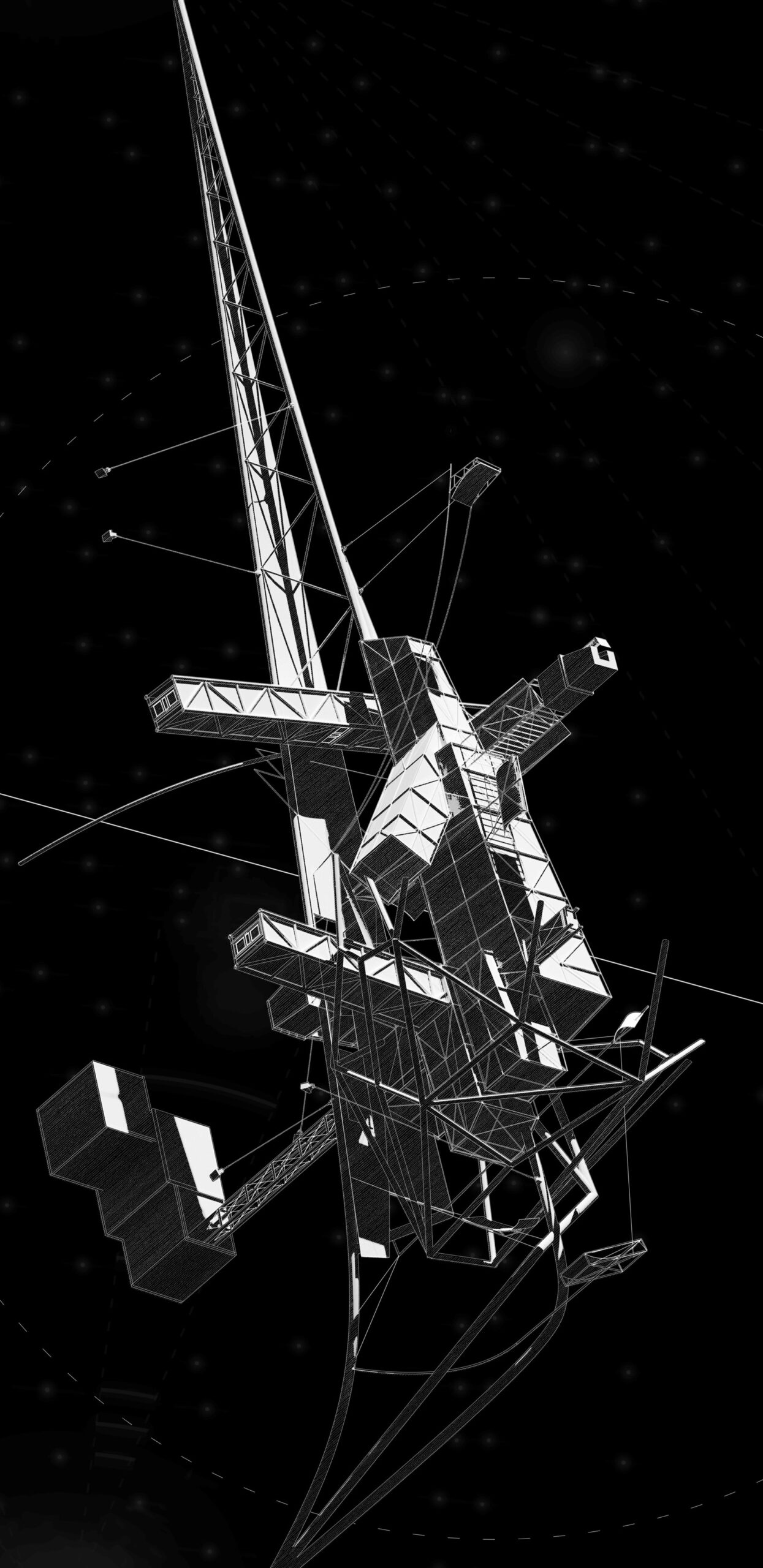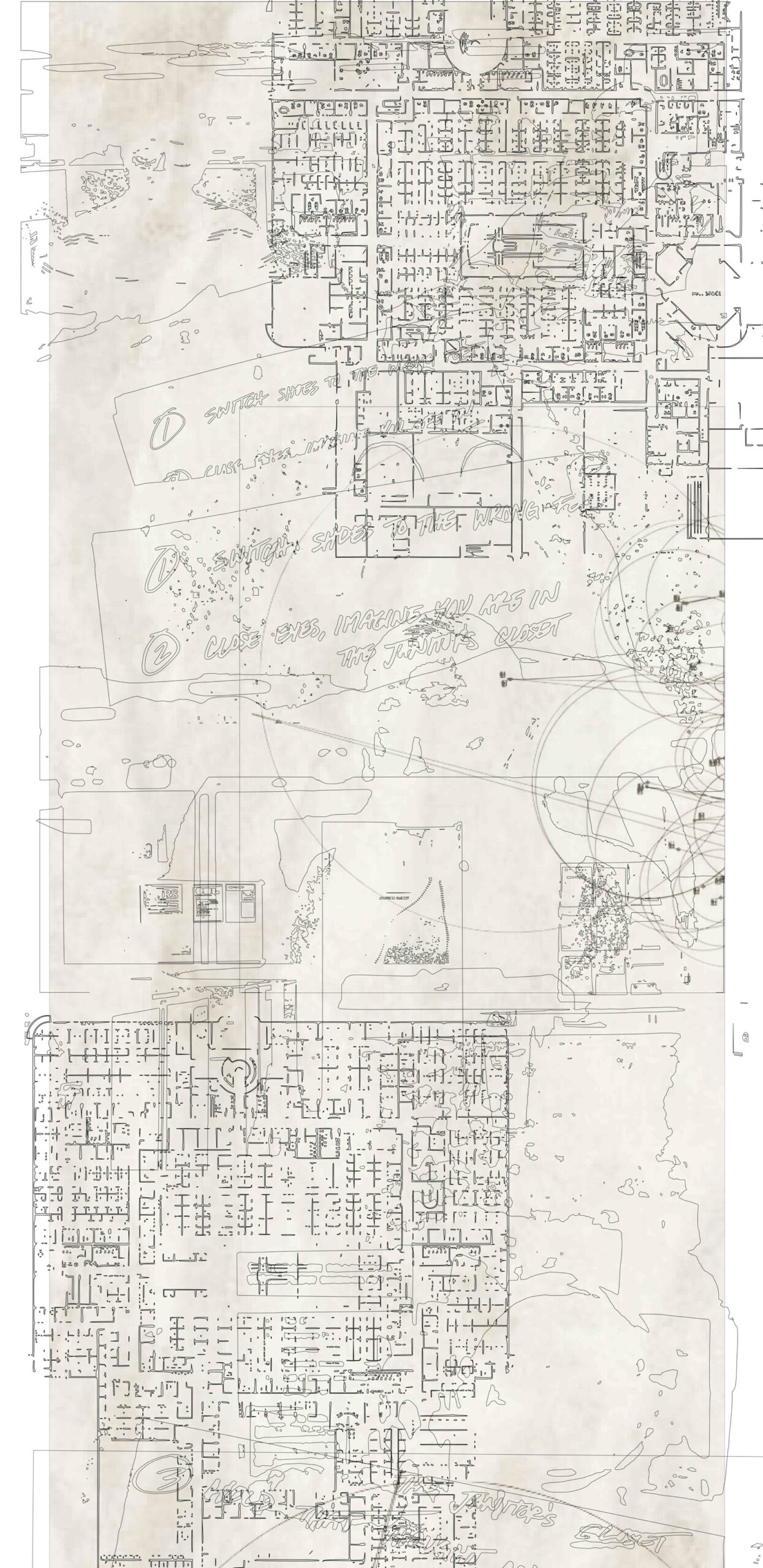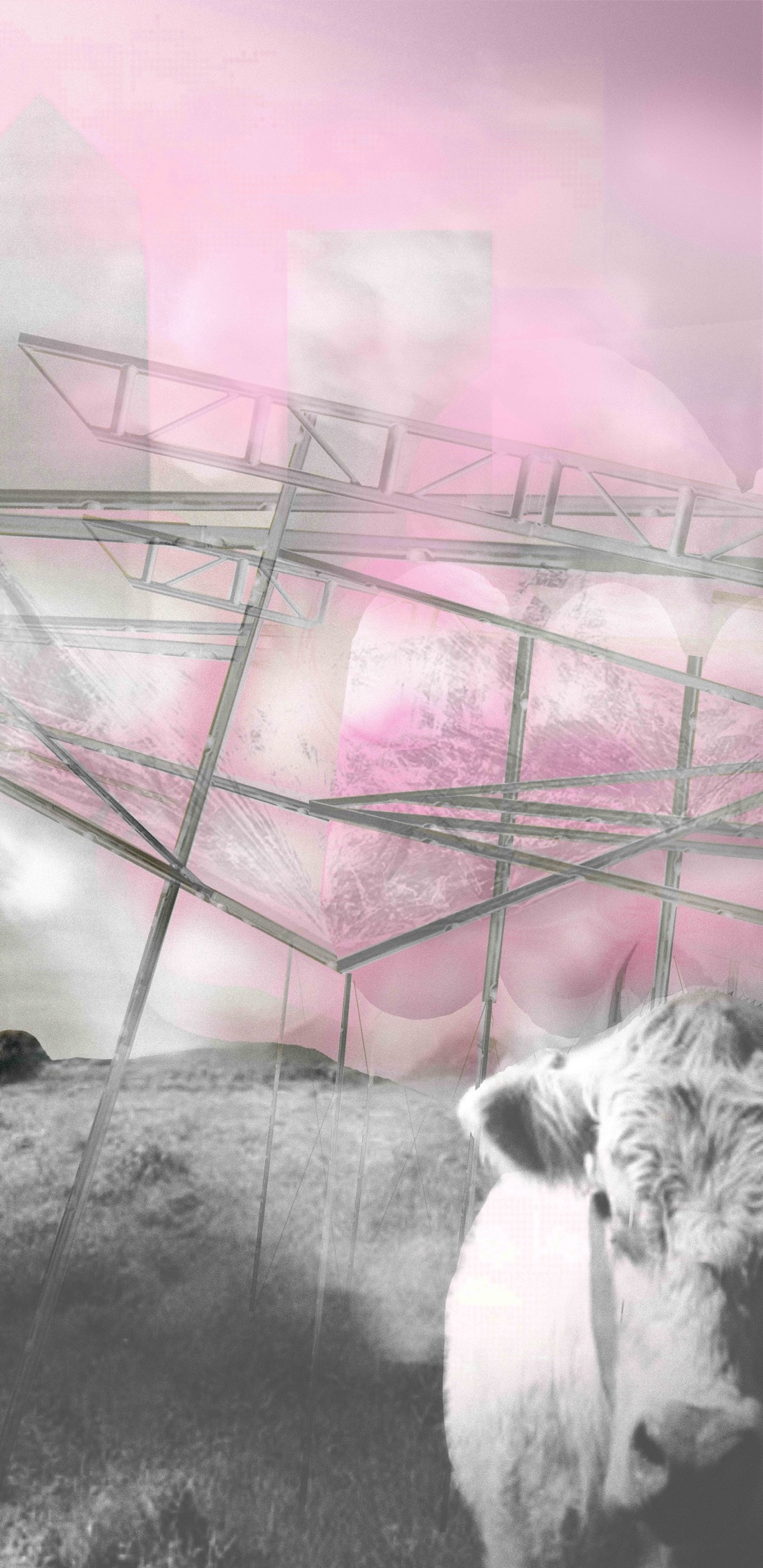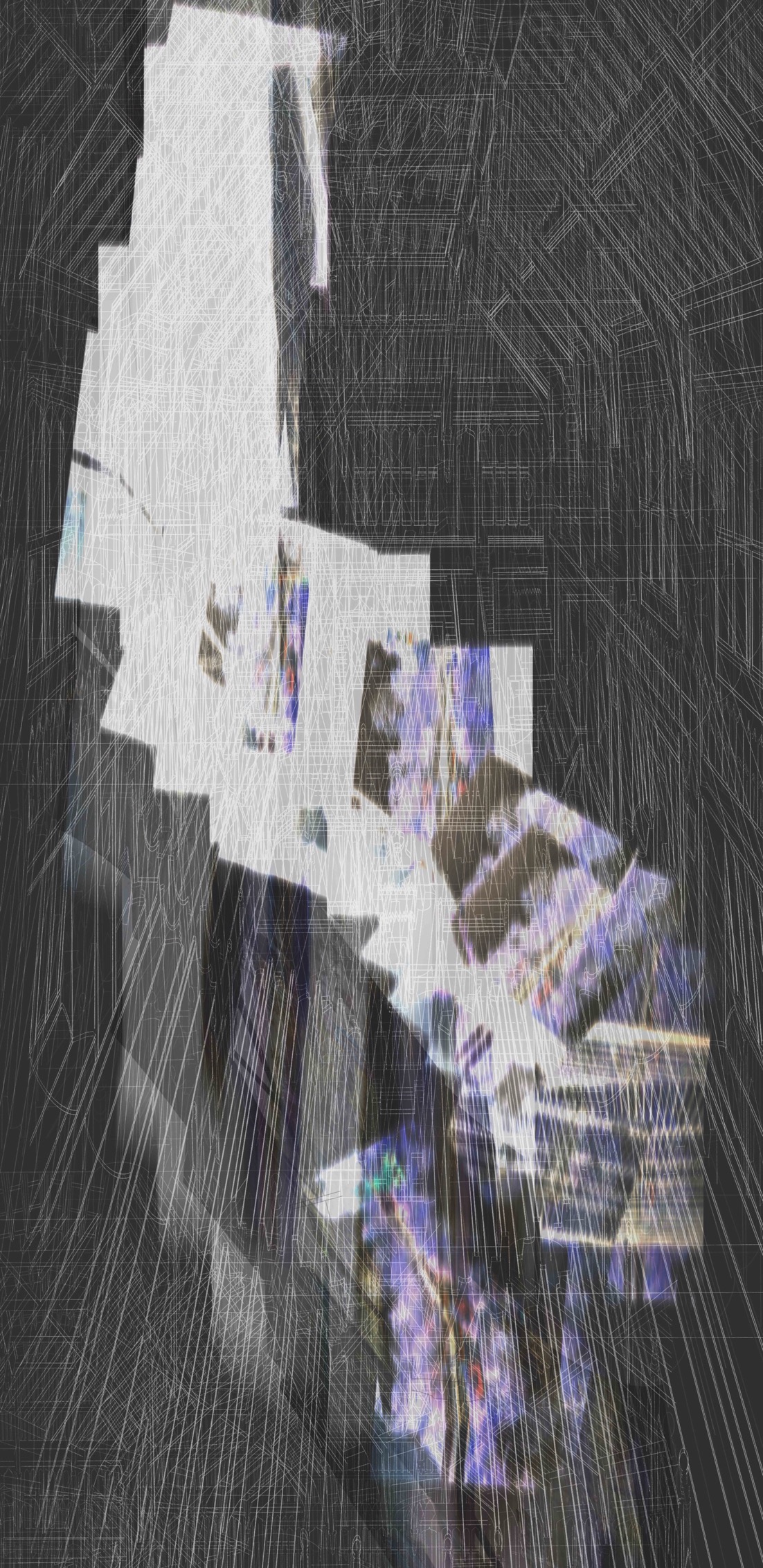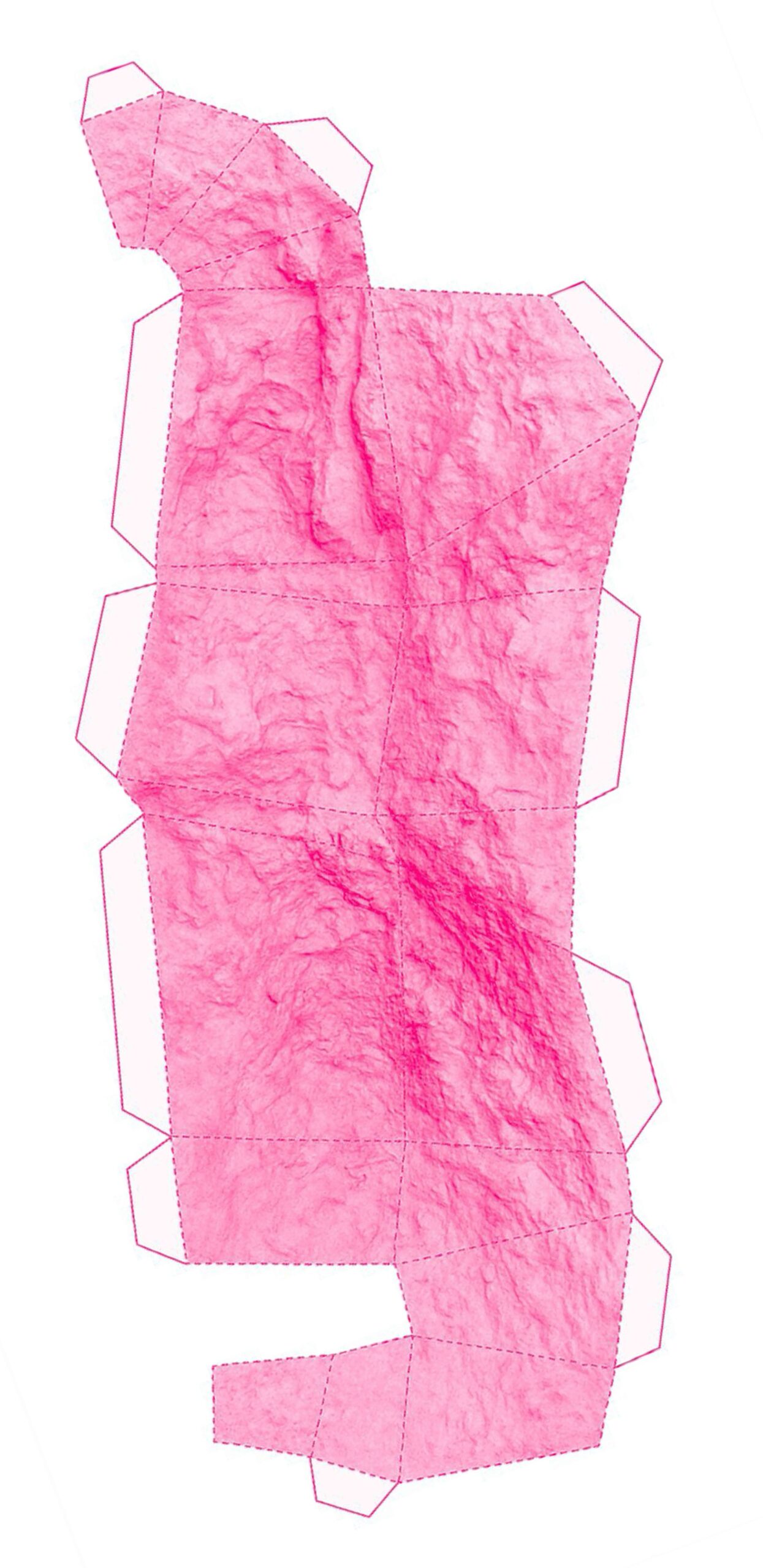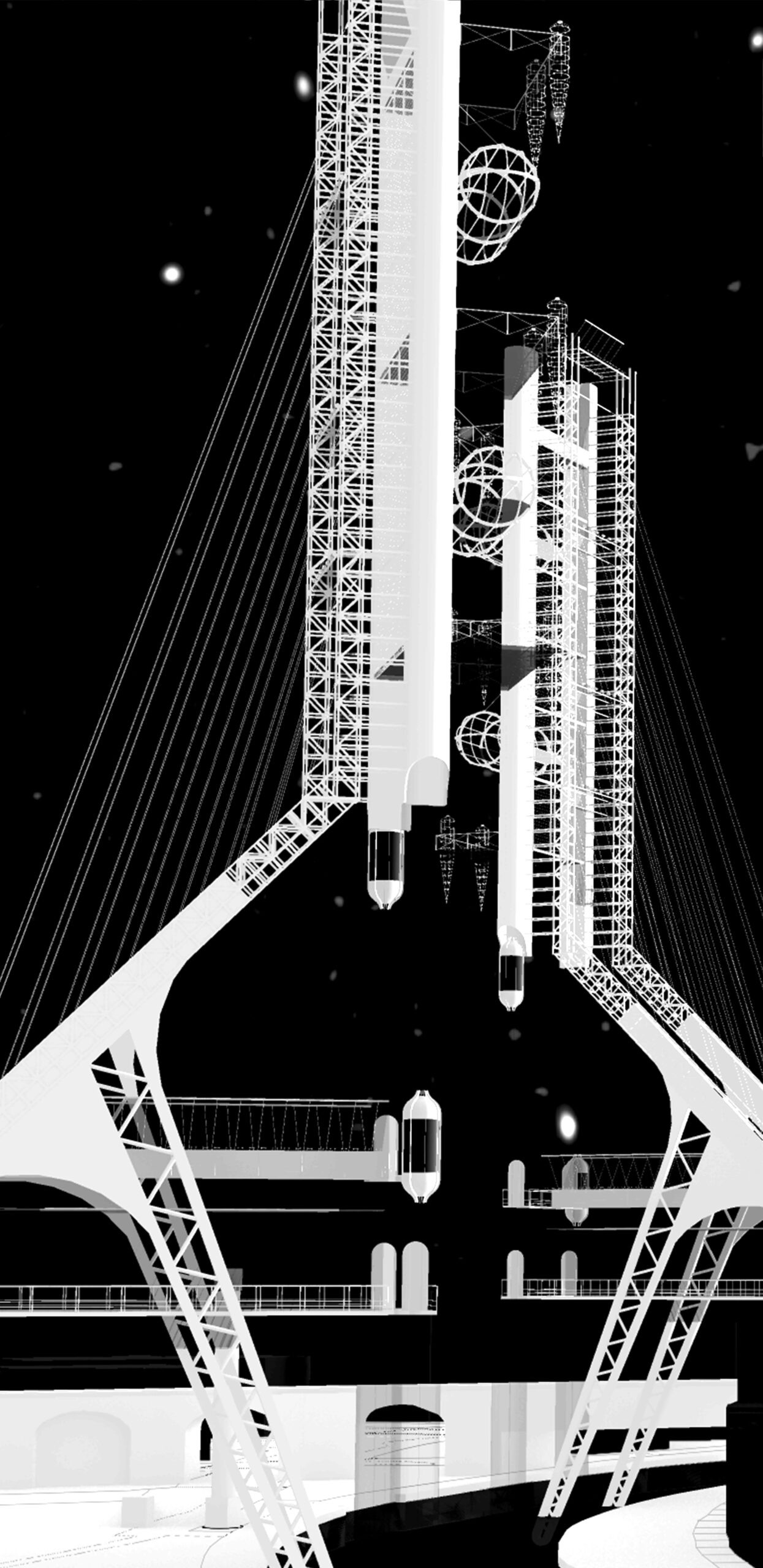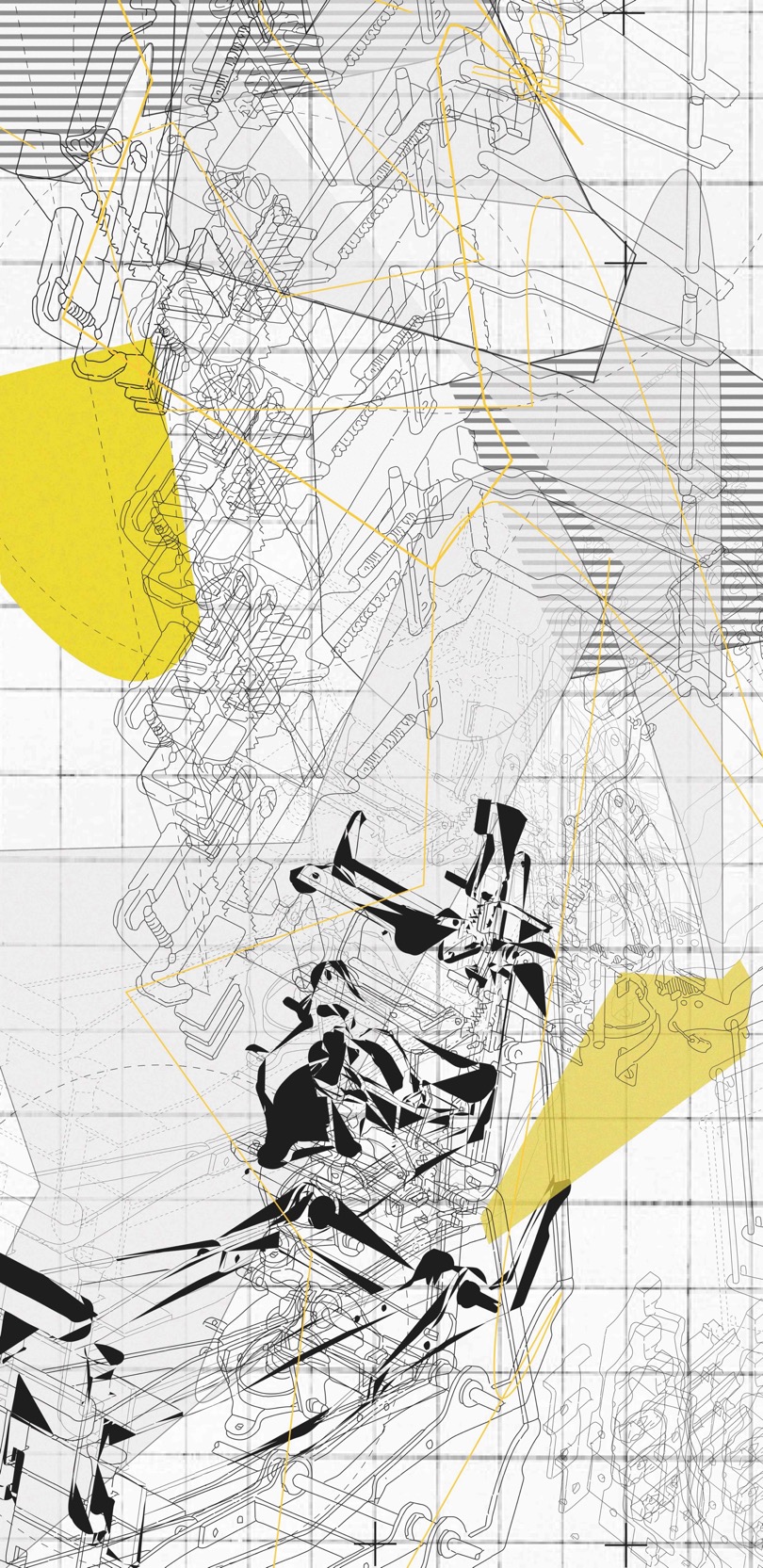Design Studio (Three) One BA Architecture
Jane Tankard & Jake Parkin
Jane Tankard is Senior Lecturer, an architect and an academic interested in the intersection between architecture, and natural and human equity. Her research focuses on architectural film and film-making, radical pedagogies, action and liminal-interstitial urban terrains.
Jake Parkin is a Lecturer and Architect teaching at University of Westminster and the AA. He has taught at Oxford, Leicester and Leeds and previously worked at Bureau Spectacular in LA where he co-founded the AA Visiting School. Jake Parkin Studio
DS(3)1: New Ways of Being
Students: Rachele Airighi, Inaaya Amer, Aa’ishah Boutrig, Nicolas De La Flor Rey, Angela De La Vega, Rania Elkharim, Malak Huseynova, Ozlem Incedal, Namar Nazer, Munira Osman, Bhakti Patel, Olha Petrachkova, Sneha Sachin Shenoy, Sarina Sheikhmohammadi, Ermis Tsolos, Yi Yixiao Shen
Mining the rich and layered creative opportunities embedded in Freud’s notion of the Unheimlich,
Foucault’s Heterotopia and Barad’s more-than-human network theory, DS(3)1 has engaged in composite digital and analogue experimental-making and recording in an attempt to reveal new architectures for inspirational futures. We have speculated on utopias from inside the city to define a set of ingredients and methodologies that reveal and respond to the liminal, marginalised and obfuscated, uncanny topographies of the urban context. Central to our speculative investigations has been experimental film and film-making, forensic choreographic drawing, and crafted model-making.
Semester 1: Identifying the Uncanny involved the dissection, mining and unpeeling of the city to identify and manifest the liminal. Examining our finds, we created a body of experimental work to act as archive and catalyst. This revealed the changed, accretive and interstitial topographies of our potential sites from two ‘same, same but different’ stretches of city fabric. Following the Regent’s Canal as it traverses north London through Regent’s Park to Mile End Park and the Thames, our process contrasted west London to east. Using processes of recording, coding, mapping and hybridisation, we attempted to unlock responses to the Unheimlich, to propose spaces of re-enactment and reparation.
Semester 2: Communal Luxury built on our archive and an illuminating field trip to Paris. Throughout the semester, we focused our lens on the role of social space in the city and how contemporary sites of political recuperation might be reformed and redefined in near-future contexts. Understanding the place of assembly as a site of social experimentation and cohesion, a pivot around which a community can connect, challenge, create and learn, we proposed 21st century ‘Imaginaries’ of communal luxury; rejecting typological traditions in favour of those structured around the theory of intera-action between human and non-human worlds, the digital and the analogue, the real and the imagined.
Guest Critics: Alessandro Ayuso, Steve Bowkett (LSU University), Maria Bessarabova (Wilkinson Eyre), Kitty Byrne (Hopkins Architects), Reece Davey (V & A), Maria Faraone (Oxford Brookes), Thomas Grove (Adam Architects), Jasmine Abu Hamdan (Zaha Hadid Architects), William Handyside (RSH+P), Chloe Hudson (AA), Zineb Lemseffer (Ben Adams), Olivia Neves Marra (AA), Tyen Masten (Phase 3), Inigo Minns (AA), Cati Miralles, John Ng (AA/RCA), Chris Pierce (AA), Alicia Pivaro, Mark Rowe, Allen Sylvester (Ullmayer Sylvester), Manijeh Verghese (Open City), Tetsuya Saito (AA), Hanna Henrikkson Rebizant (The Bartlett), Sarmad Suhail (Michaelis Boyd), Luke Sanders (Sheppard Robson), Aleks Stankovic (Studio Marsa), Aoi Phillips Yamashita (Clementine Blakemore Architects)
Special thanks: Carlos Villanueva Brandt (AA)










